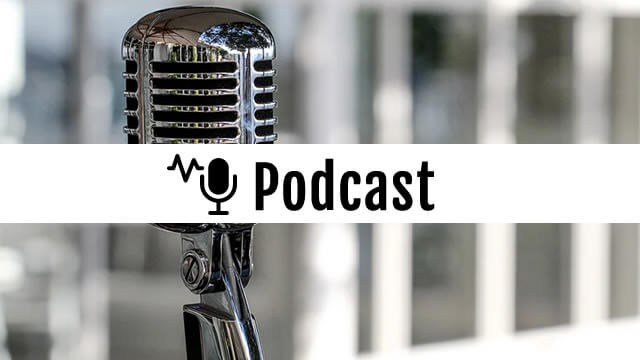Federal Reserve Leaders’ Perspective on President Trump’s Economic Strategy
The economic strategies of the current administration, led by President Trump, have been a topic of intense debate and speculation among economists and financial experts, including the members of the Federal Reserve. Let’s delve into their thoughts and potential reactions.
President Trump’s Economic Policies
President Trump’s economic strategy can be summarized by his emphasis on deregulation, tax cuts, and infrastructure spending. The Tax Cuts and Jobs Act of 2017, which reduced corporate tax rates from 35% to 21%, was a significant part of this strategy. Additionally, the administration’s deregulation efforts, particularly in the financial sector, have been viewed as an attempt to stimulate economic growth.
Federal Reserve’s Perspective
The Federal Reserve, as the central banking system of the United States, plays a crucial role in managing the country’s monetary policy. While the Federal Reserve does not set fiscal policy, it does closely monitor the economic impact of such policies. Some Federal Reserve officials have expressed concerns about the potential consequences of President Trump’s economic strategy.
-
Debt Levels: With the tax cuts and increased spending, the federal deficit is projected to grow significantly. This could lead to higher inflation and interest rates in the long run.
-
Infrastructure Spending: While infrastructure spending could boost economic growth in the short term, it could also lead to inflationary pressures if not managed properly.
-
Deregulation: Deregulation, particularly in the financial sector, could lead to increased risk-taking and potential financial instability.
Potential Reactions
Given these concerns, the Federal Reserve may take several actions to mitigate the potential negative effects of President Trump’s economic strategy:
-
Interest Rates: The Federal Reserve may raise interest rates more aggressively to keep inflation in check.
-
Quantitative Tightening: The Federal Reserve could also reduce its balance sheet, which would help to mop up excess liquidity in the economy and keep inflation in check.
Impact on Individuals
For individuals, the potential consequences of the Federal Reserve’s reactions could include higher borrowing costs for mortgages, car loans, and other debts. This could make it more difficult for some people to afford these expenses, particularly those on fixed incomes.
Impact on the World
The potential reactions of the Federal Reserve could also have global implications. A more aggressive monetary policy could lead to a stronger US dollar, making US exports more expensive and potentially reducing demand for them. This could have negative effects on countries that rely heavily on exports to the US.
Conclusion
The economic strategies of the current administration have raised concerns among Federal Reserve officials. With the potential for higher inflation and interest rates, the Federal Reserve may need to take aggressive actions to keep the economy on track. This could have significant implications for individuals and the global economy. As always, it is important to stay informed about economic developments and their potential impact on your personal financial situation.
Stay tuned for more insights on economic and financial topics.





